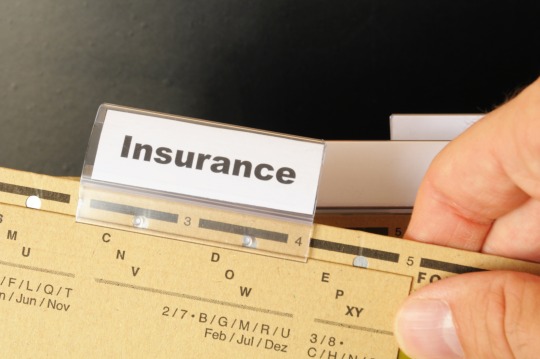
The U.S. economic downturn may be coming to an end but the lessons
learned by workers – including the value of a paycheck and the
importance of protecting their finances – will reverberate for years. As
workers strive to safeguard their incomes, an insurance product that
warrants serious consideration is short-term disability. After all, just
over one in four of today’s 20-year-olds will become disabled before
reaching age 67.
Given the frequency of disabling accidents and injuries, you’d think
that Americans would be diligent about setting aside funds for a rainy
day. However, most aren’t that practical or that flush with cash.
According to the 2014 Aflac WorkForces Report, 66 percent of workers
wouldn’t be able to adjust to the high financial costs associated with
an illness or injury, and 49 percent have less than $1,000 on hand to
pay unexpected out-of-pocket costs associated with a medical event.
What is voluntary disability insurance?
Short-term disability insurance is one of many voluntary insurance
policies available to help workers cope with out-of-pocket costs
associated with serious accidents or illnesses — costs major medical was
never intended to cover. In the event of a physician-documented
disability, participants receive cash benefits that can be used to help
pay for daily living expenses, such as the mortgage or rent, gas,
groceries, utilities and other necessities.
It’s important to note that workers who become disabled may lose more
than their ability to earn a living: They may also lose savings,
retirement funds or even their homes. Disability insurance plays an
important role in financial planning and safeguarding their financial
futures.
A real-life experience
I had an accident back in January where I ruptured a disc in my neck.
I had to file a claim under my Aflac short-term disability and accident
insurance policies. Having Aflac helped to take away the stress of
worrying about how I was going to pay my bills. With the amount of money
I got back from Aflac, I was able to pay my bills for six months.What shocked me so much about Aflac was how speedy they were. Within four days, the check was on its way to me.
My Aflac insurance agent, Debbie Carter, was able to assist me with
my claim. She is an awesome agent. She even called me while I was out on
disability just to check on me, asking if I needed anything, if I was
OK and if I got my claims processed.Debra Dobson
Who needs voluntary short-term disability insurance?
The need for disability insurance protection is crucial, particularly
among primary wage-earners. Because disabling injuries or illnesses
often lead to significant medical bills, anyone who works – whether they
are single, married, with children or without – should consider
voluntary disability coverage.
Employers should consider adding employee-paid short-term disability
coverage to their benefits options because by doing so they’ll give
their workers increased peace of mind. Disability insurance helps
protect workers from financial ruin with:
- Benefits that are paid for both total and partial disability.
- Coverage that’s sold on an individual basis.
- Available guaranteed-issue options.
Common misconceptions
Although many workers assume they are protected by employer-paid
disability coverage, a growing number of companies have cut back on the
benefits they offer. A decade ago, it was commonplace for a company’s
internal disability plan to pay an employee 70 percent of income if
disabled, but workers today usually receive much less.
Furthermore, many people assume they will receive benefits from
Social Security or worker’s compensation. However, that is often not the
case. Between 2003 and 2012, the percentage of applicants awarded
Social Security benefits at the initial claims level was just 24
percent. What’s more, the average monthly Social Security benefit paid to disabled Americans in 2014 was only $1,146.
As for depending on workers’ compensation to cover a disabling injury
or illness, employees should consider that 90 percent of disabling
accident and illnesses are not work related, meaning workers’
compensation doesn’t cover them.
The bottom line is that weathering an economic recession has opened
Americans’ eyes to the value of voluntary short-term disability
insurance. Companies and their employees are recognizing the financial
vulnerability that comes from being under-protected and underinsured.
Neglecting to secure disability insurance is a prime example of how
saving a few dollars in the short term can cost thousands in the long
run.




